Pablo Larraín: An interview with the director of Neruda
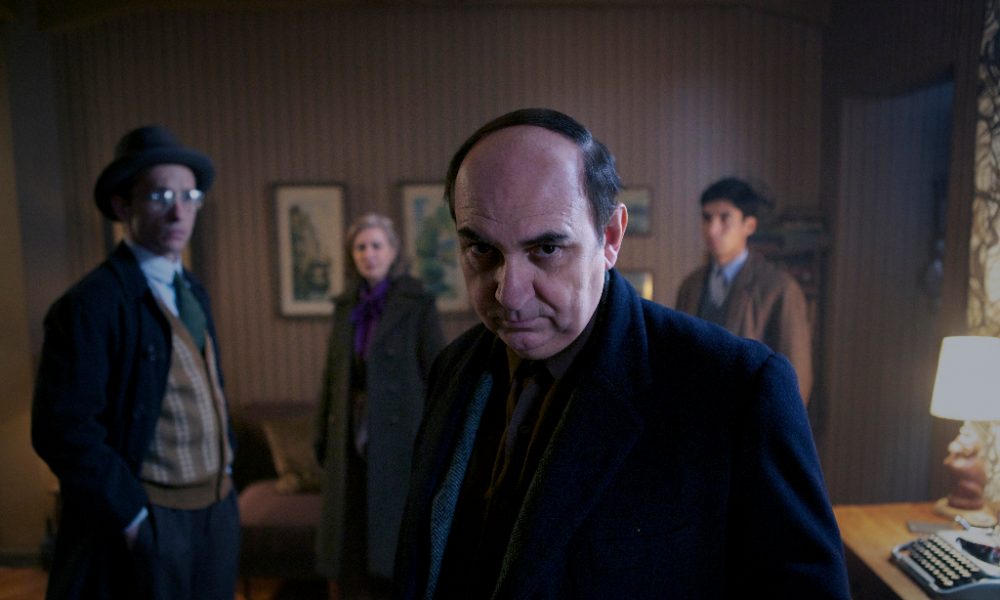
Pablo Larraín is a critically acclaimed Chilean director whose work has encompassed a number of Spanish and English-speaking feature films, including recent release Jackie, as well as a TV series. We caught up with Pablo to discuss his upcoming film Neruda and find out more about what drew him to the famed leftist poet-politician’s story, his innovative approach to depicting Neruda’s life in 1948 Chile, and to what extent his work is politically motivated.
Hi Pablo, thanks for speaking with us today. First of all, we’d love to hear about why you decided to make this film. Much of your work has explored Chilean history and identity – can you tell us what drew you to Pablo Neruda’s story in particular?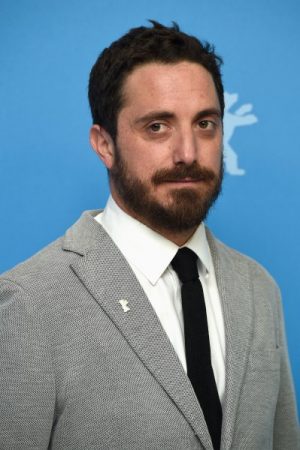
Well, I’m Chilean and Neruda is such an important artist and character in our culture, it was always a fascinating idea to make this film. We started with a very conventional biopic and then over the years the film moved far, far away from the biopic – that’s why we like to call it an anti-biopic. I don’t think this movie is really about Neruda necessarily, it’s more about his world, his cosmos, what he created. What in Spanish we call “Nerudiano” – the Nerudian world – which is a very complex world. I don’t think you can put Neruda into a film. Even though the film’s called Neruda – so it may sound contradictory or like a paradox. I think this film is more about his approach to life. To us, it’s like going to his place, into his house and playing with his toys. Neruda was a man who was an expert on food, he was a great cook. He was an expert on our culture. He was a man born and raised in the south of Chile. He was a man who knew a lot about our history, who knew a lot about literature, he was an expert on crime novels. He was a diplomat, a collector, someone who travelled all over the world. He was a communist, in fact the head of the communist party. And he was also a poet, someone who described our society in a way no one had done before. So you can’t put him in a box, you can’t put him in a film. The only way to approach him is to try to capture the freedom he expressed in his words. You have to move away from the arbitrariness that the cinema gives you to try and deal with such an important figure like Neruda.
There were many events in Neruda’s life that could have been covered in the film – why did you choose to focus on this phase?
I wouldn’t try to make a movie about someone and try to make a portrait of his whole life. I wouldn’t be interested in doing that. So you have to make choices, and there are lots of parts that are interesting and there are other wonderful movies there for sure. For example, I’m very interested in the period when he brought lots of Spaniards out of the Spanish war to Chile. But we chose this moment in his life because when you are being chased and you are escaping, you are being transformed. In this period, he escaped from justice for two years. And I think Neruda is not the same man at the beginning of the story as at the end, not just in the film but in his life. When he accepted the Nobel prize in early 70s, he read a very beautiful speech (which you can find online) where he extensively referred to this period in his life as a moment of great transformation. He was helped by people he didn’t know and they didn’t know who he was, so he learned what fraternity was: a very important and beautiful thing. He also said he didn’t know if he dreamed this period, he wrote it or he lived it. By saying that, he opens the door for us to create this fiction about his life. There are true events in this film, but there are also a lot of things that didn’t happen.
Speaking of fictional elements, can you tell us more about why you introduced the character of police investigator Oscar Peluchonneau and what function he served in the film?
If you get to understand that Peluchonneau was a character actually written by Neruda, then Neruda was a man able to write about his own ghosts. And when someone is able to write the worst thing about themselves then you reach a very interesting place. And it’s about storytelling, it’s about main characters and secondary characters and how people more or less want to be important in this life. But it’s also always about fiction and the space of fiction.
In fact, fiction and reality, a sense of surrealism and realism, are layered and contrasted throughout the film. How would you categorise your style and what impact did you want to create through it?
There is a very interesting connection that may not be immediately obvious in the film. Neruda was reading crime novels when he was escaping and those novels were from a very specific publishers called “The Seventh Circle” (El Séptimo Círculo). The people behind Seventh Circle were also those behind Jorge Luis Borges. That is how we have a connection with Borges. So it’s not magic realism, or surrealism, but a Borgesian thing, which is the idea of fictional fiction, of someone creating a nemesis and a reflection of their own self through literature. But it’s very hard to bring literature to the screen. So what we do is use the tools of cinema – we don’t have anything else.
There are some stark ideological, political and social issues touched upon in the film. Do you think it’s important, not only for Chile or the Spanish-speaking world, but more broadly to raise these issues in your work?
It’s not very conscious – I’m not trying to be preachy or tell people what to think or spread a message. We do have an ideology and we do have something to say but we try to hide it in the film. I didn’t want it to be overexposed as though we were trying to educate people. What we try to do is to create a situation where the audience themselves will ultimately complete the film. The context Neruda was in in the late 50s was the Cold War when more than half of this world was communist. So to bring those ideals to a world that is so divided as it is today, with so much hate and so much confusion and so fragmented, I think it’s interesting and could deliver a beautiful way of understanding. We have to understand that we are coming from somewhere, people sometimes are just looking at their feet and think that reality is only the present. Some people don’t want to look back to see where we came from. I have done seven movies and five are period movies so recovering the past is very important to me.
Thanks so much Pablo.
Sarah Bradbury
Neruda is released nationwide on 7th April 2017.
Read our review of Neruda here.
Watch the trailer for Neruda here:

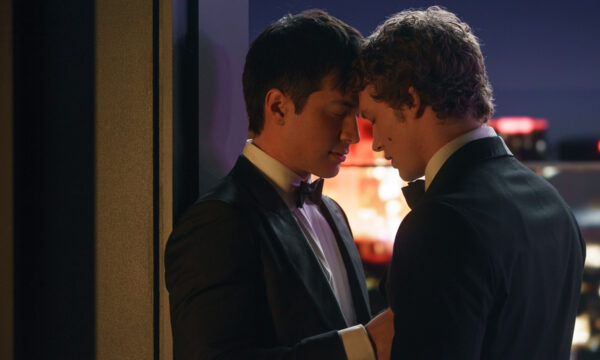

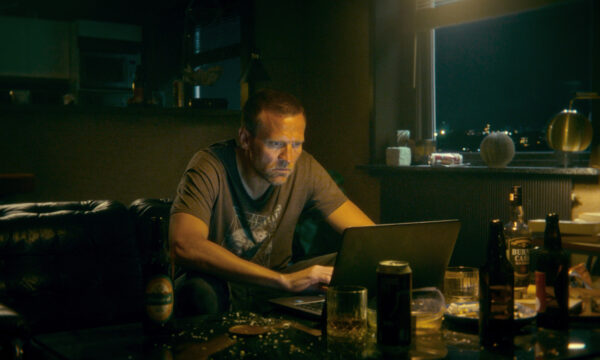
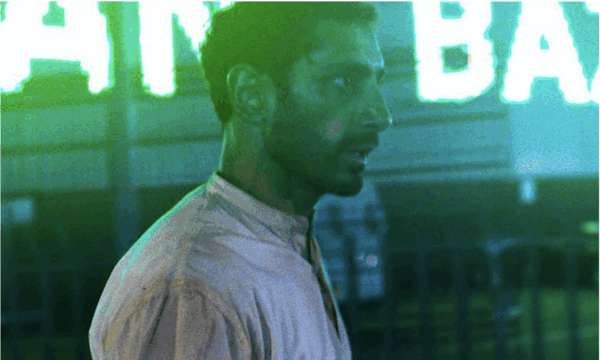
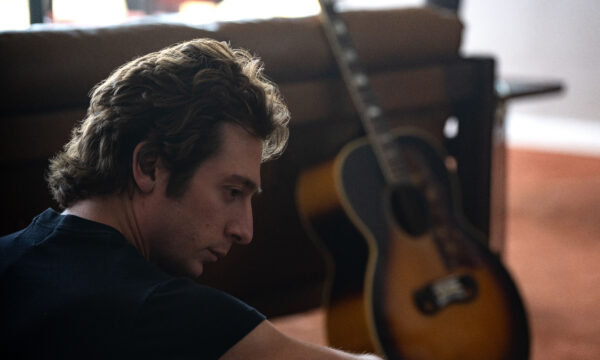
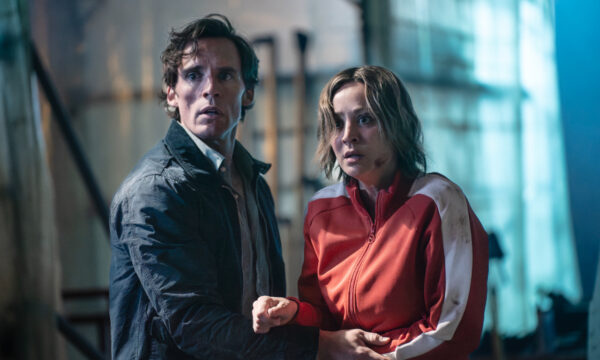
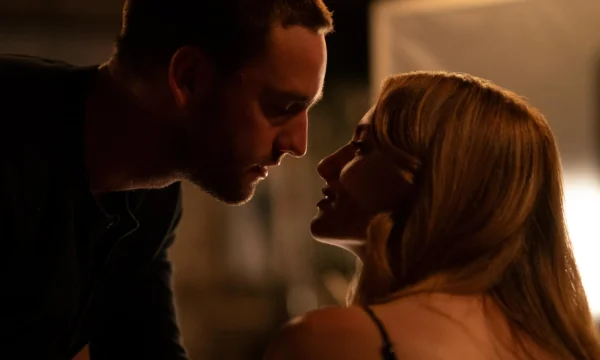







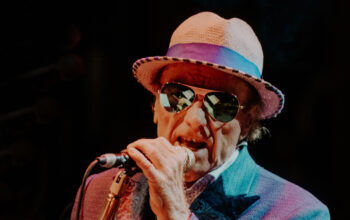

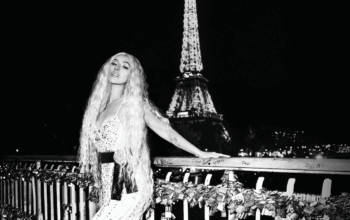




Facebook
Twitter
Instagram
YouTube
RSS